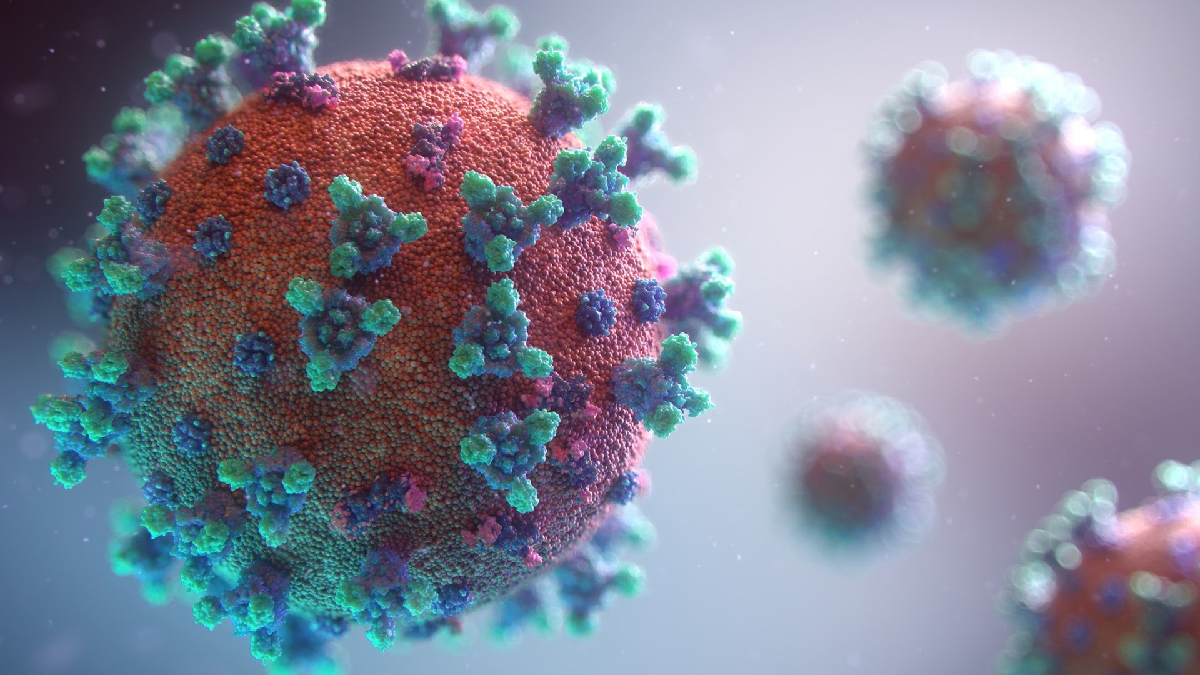


The Delhi and Punjab governments have started acting on a war-footing following concerns that a third Covid-19 wave might be round the corner once the current second wave recedes in the country.
A three-member panel created by the Department of Science and Technology has told the Central government that the impact of the second wave in India will start to decrease in July this year, while a third wave will start within the next six to eight months. Acting on this, Delhi CM Arvind Kejriwal held a high-level meeting on Wednesday with officials to review the current Covid situation in Delhi, and to deliberate on the measures to be taken to prevent the third wave of the pandemic.
A report from Chandigarh said amid projections and concerns of a possible third Covid wave and its impact on children, Punjab Chief Minister Captain Amarinder Singh on Thursday ordered the Health Department to go into mission mode with preparation, which will include specialised training of all doctors in the Health Department by the end of June, while directing house-to-house surveillance to control the current spread of the disease in the rural areas.
In Dehi, Kejriwal prioritized the increase in the number of beds, along with an increased oxygen allocation and the creation of a special task force to protect children from the third Covid wave. He also directed officials to work on advance preparation for sufficient oxygen tankers and ensure proper functioning of oxygen plants for an optimum supply of oxygen to hospitals.
Kejriwal tweeted, “If the third wave of Corona emerges, we have to be prepared in advance to fight it; took some important decisions today in a meeting with the officials. 1. To create a special task force to protect children from the third wave 2. Adequate beds, oxygen, and better management of essential medicines.”
The third wave may require Delhi to be prepared with 40,000 oxygen beds, and the Delhi government is making preparations to install 10,000 ICU beds. Along with beds and oxygen management, management of medicines was also discussed. A committee comprising officials will be formed to overlook the availability of medicines, oxygen, and beds. A special task force comprising pediatricians, experts, and senior IAS officers will also be constituted as a part of Delhi government’s efforts to protect children from Covid’s third wave.
Deputy Chief Minister Manish Sisodia and Health Minister Satyendar Jain were also present in the meeting along with officials of the Delhi government. In a bid to take precaution against a possible third wave, the National Commission for Protection of Child Rights has written to Union Health Secretary, Rajesh Bhushan, requesting him to issue necessary directions for emergency transport services/ambulance suitable for children and neonatals, in view of the high risk for infants and children in the possible upcoming wave.
Chairperson of the National Commission for Protection of Child Rights, Priyanka Kanoongo, in a letter to Rajesh Bhushan wrote that the ongoing Covid-19 pandemic is impacting several children and adolescents as India grapples with escalating virus cases in the second wave of this pandemic situation. She said that doctors have confirmed that even newborns and infants are testing Covid-19 positive, though their condition remains under control and rarely turns fatal. Further, a third wave is projected to hit the country and according to experts it may affect children in large numbers.
There are guidelines on the management of newborns in a maternity ward and in the Neonatal Intensive Care Unit (NICU), but there is an urgent need to reorganize a Neonatal/children Emergency Transport Service (NETS) to prepare specifically for neonatal and children for third wave of Covid-19, she urged.
Meanwhile, chairperson of the Covid Task Force for AIIMS, Dr Naveet Wig, on Thursday said that the Covid-19 crisis is “a dynamic situation” and to prevent a third wave of the pandemic, there is a need to keep changing strategies. Wig told The Sunday Guardian, “The Covid crisis is like a Test match, it is not a one-day match. We have to keep changing our strategies all the time. It is such a dynamic situation that no one formula will take care of this.”
“Public support is important. People have to understand this disease, how it happens. Until and unless people participate, we will not be able to prevent it,” Wig said. “Covid appropriate behaviour is a must. We lacked Covid appropriate behaviour after the first wave. That behavioural change led to the second wave. We have to wear the mask all the time, whether we are vaccinated or not,” he added. “We do not have to let the third wave come in the way the second wave came in. We need to keep the positivity rate in districts less than 5 per cent and less than 1 per cent in the village,” Dr Wig said.
Meanwhile, amid concerns of a possible third wave of Covid and its impact on children, Punjab Chief Minister Captain Amarinder Singh directed the state expert group head Dr K.K. Talwar to look into all aspects of medical education, and to get training modules prepared for the Health Department. He underlined the need to ensure that all medical officers in the state are trained to deal with Covid, especially in children.
Expressing concern over the spread of Covid in rural areas, the Chief Minister directed that teams of Health and other departments immediately start house-to-house surveillance in every village. The teams should be equipped to give basic medicines without delay, and RAT testing of symptomatic persons must be done at the earliest, he said. He also directed that some CHCs in each district be prepared as L2 facilities, with oxygen concentrators and doctors with proper treatment protocols.